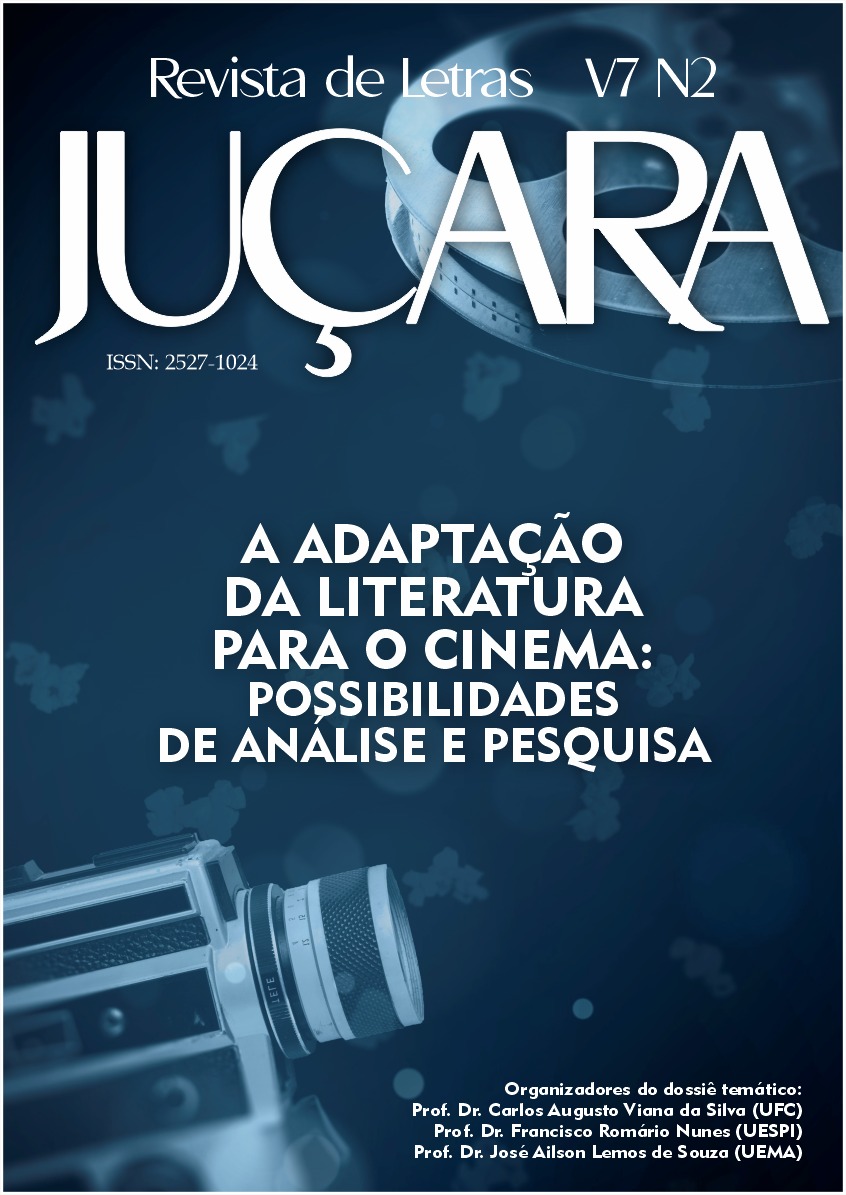RELAÇÕES ENTRE LÍNGUA, SUJEITO E DICIONÁRIO A PARTIR DO USO DAS UNIDADES LÉXICAS RECICLAGEM E RECICLAR
DOI:
https://doi.org/10.18817/rlj.v7i2.3323Abstract
Understanding and interpreting the meanings that a word can produce in certain situations reveals to us what goes beyond a simple word, it shows us nuances of its history and transformations. It is from this point of view, in front of two words, at first sight, simple: recycling and recycle, that our interpretation gesture begins, taking into account as problematic the moment in which the word recycling is used to define the training of teachers. This research aimed to analyze how the entries recycling and recycle are presented in Portuguese language dictionaries published in Brazil in the 20th century; reflect on the discursive functioning of entries based on the analysis of different monolingual dictionaries, observing the production of meaning effects in the relations between language, subjects and dictionaries; understand the different meanings that the entries carry in different conditions of production, and compare the definitions to the uses in clippings of texts in social circulation. To develop our interpretation gesture, we use Discourse Analysis (DA) as a theoretical apparatus, as it was conceived by Michel Pêcheux and developed in Brazil by Eni Orlandi, among others, in dialogue with the History of Linguistic Ideas (HIL). We risk inferring that, in the discursive formation (DF) in which the lexical unit recycling is found, it is attributed to materials, and not to subjects. As the word recycling refers to materials, other meanings are silenced, causing the recycling of subjects to be silenced, which resounds, in the imagination of each subject, strangeness when one hears the expression “recycling of teachers/employees”, being considered not relevant.
Downloads
Published
How to Cite
Issue
Section
License
Copyright (c) 2023 Paulo Santiago de Sousa

This work is licensed under a Creative Commons Attribution 4.0 International License.
A submissão de originais para a Revista de Letras Juçara implica na transferência, pelos autores, dos direitos de publicação. Os direitos autorais para os artigos publicados nesta revista são do autor, com direitos da revista sobre a primeira publicação. Os autores somente poderão utilizar os mesmos resultados em outras publicações indicando claramente a Revista de Letras Juçara como o meio da publicação original.


